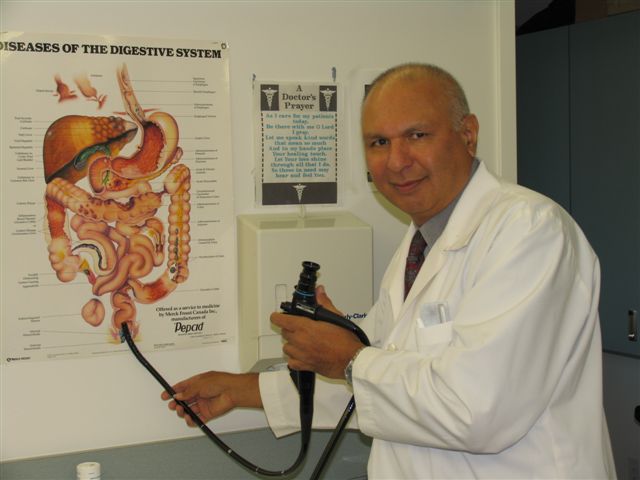Low-dose acetylsalicylic acid – also known as aspirin – (75 mg⁄day to 325 mg⁄day) is recommended for primary and secondary prevention of cardiovascular events, but has been linked to an increased risk of upper gastrointestinal bleeding (UGIB), according to a study published by Valkhoff and his colleagues (Can J Gastroenterol. 2013 Mar;27(3):159-67).
They analyzed several studies. All studies found low dose aspirin use to be associated with an increased risk of UGIB. The mean number of extra UGIB cases associated with low dose aspirin use was 1.2 per 1000 patients per year. Sounds like a small number when you think of the number of people who take aspirin all over the world. But the authors indicate use of low dose aspirin was associated with a 50 per cent increase in UGIB risk.
What about other anti-inflammatory drugs? Are they safe?
Commonly used traditional anti-inflammatory drugs like ibuprofen are also known as non-steroidal anti-inflammatory drugs (NSAID) are widely used for all kinds of pain. An editorial by Jacob Josh, Professor of Medicine, University of Ottawa, Ottawa, Ont. titled, “Anti-inflammatory drugs: What is safe?” (CMAJ August 29, 2006), says “Sixteen thousand deaths a year in the United States and 1900 a year in Canada were blamed on NSAID-induced gastric perforations, obstructions and bleeds. NSAID use was complicated also by numerous other side effects, including hypertension, heart failure and renal insufficiency.”
The risks are not limited to long-term use. Clinically significant adverse cardiovascular events are noted within the first 30 days of treatment.
Do you always have to take an NSAID if you are in pain and thus increase the risk of complications? Not really. You can try other modalities of pain relief by rest, application of ice and use of acetaminophen. Acetaminophen, up to 4 g/day, is as effective as an orally administered NSAID in about 40 per cent of patients with mild to moderate osteoarthritis.
Then there are occassions when pain cannot be relieved by what we call conservative measures. So we have to weigh our options. First, we should assess patient risk. There is an increased risk of gastric toxicity if:
-the patient is over 65,
-has had previous upper GI bleed,
-there is concurrent therapy with low-dose aspirin, corticosteroids or anticoagulants.
Under these conditions we should try prescribing a coxib (like Celebrex) or traditional NSAID with concurrent cytoprotection (to protect the stomach lining) with misoprostol or a proton pump inhibitor. If the patient has had a recent heart attack or episode of congestive heart failure, then he should not take NSAID or coxib.
Josh says, “In case of uncontrolled hypertension, we should not choose an NSAID or coxib until the blood pressure is well controlled. If the patient has controlled blood pressure that becomes elevated while taking an NSAID or coxib, even by 5 mm Hg systolic, adjust the antihypertensive medications or stop the anti-inflammatory, or both.” Monitor renal function as well.
Josh says there is nothing like a safe NSAID or coxib. In high-risk patients, we should avoid them. Concomitant use of low dose aspirin does not protect you from cardiac side-effects of NSAID or coxib. There is adequate data to suggest aspirin enhances the gastric toxicity of anti-inflammatory drugs as mentioned earlier.
If you are in pain, careful use of painkillers is very important. If you are taking aspirin as a prophylaxis against cardiac problems then weigh your risk factors and your options. If you are taking NSAID for chronic pain then you need to know your risks. Discuss risk vs. benefits of the medications you are taking with your doctor.
Start reading the preview of my book A Doctor's Journey for free on Amazon. Available on Kindle for $2.99!

